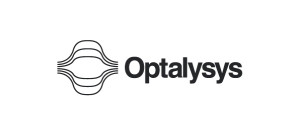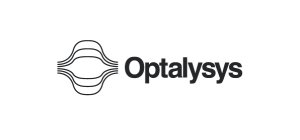 Today the TGAC Genome Analysis Centre and Optalysys announced a collaboration to develop and implement an energy-efficient optical processing device for large-scale DNA sequence searches.
Today the TGAC Genome Analysis Centre and Optalysys announced a collaboration to develop and implement an energy-efficient optical processing device for large-scale DNA sequence searches.
Known as GENESYS, the new Genetic Search System will be designed to perform large-scale gene database searches powered by standard wall socket power. Such DNA searches are used to understand the evolutionary function and relationship between species and their common ancestors.
Optalysys CEO, Dr Nick New, adds: “We are thrilled to be working with the leading research Institute in genomics, TGAC on this exciting project. The GENESYS system has the potential to fundamentally change the field of DNA analysis by providing a system that is at least as accurate as current systems, but magnitudes faster, cheaper and smaller – fitting on a desktop. This brings the ability to perform this kind of analysis into the hands of a much broader base of companies and institutions who previously were unable to do so due to capacity constraints and prohibitive running costs.“
TGAC’s current HPC systems collectively consume up to 130KW of power (including their cooling systems). By using GENESYS, TGAC expects to reduce its power consumption by over 95% with Optalysys technology compared to its existing HPC facilities while significantly reducing the environmental impact of running traditional HPC3.
I’m really excited to be working with Optalysys to apply their revolutionary optical computing technology to aligning DNA sequences, a fundamental genomics problem. Their optical computing hardware has the potential to provide a huge step-change in the important areas of high-performance computing and energy efficiency, and I’m delighted that TGAC is leading the vanguard with this technology in the Biosciences. Such a valuable collaboration between industry and academia is only possible through the support of funding bodies such as Innovate UK,” said Timothy Stitt, Head of Computing at TGAC.
Crucial in addressing grand scientific challenges of genome analysis such as high-resolution models in Big Data, GENESYS is not limited to only bio-informatics applications. Once a successful prototype is realised, the pioneering technology can be transformed to be used for other projects relying on Big Data, e.g. real-time processing of satellite data and cancer diagnostics, thereby stimulating companies and institutions to embark on data-driven innovation that they were previously unable to do because of lack of capacity and HPC-associated costs.




